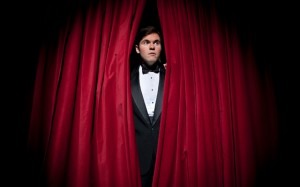 “I hope my reed makes it through the performance… It’s so hot in there, my tuning’s going to go out the window… This shirt’s so uncomfortable… And why, to top it all off, am I performing from memory?!”
“I hope my reed makes it through the performance… It’s so hot in there, my tuning’s going to go out the window… This shirt’s so uncomfortable… And why, to top it all off, am I performing from memory?!”
These can be just a few of the thoughts that whizz through your head before a solo recital. As you stand backstage, trying to calm yourself before the performance, your oh-so-helpful brain decides this is the perfect moment to worry you even more. Why wouldn’t your head try and calm yourself further, especially when you know this is an especially stressful time? Now the shirt seems extra itchy, the palms extra clammy, and, perhaps the scariest thing, the confidence in being able to perform from memory fading.
Ok, so let’s take a step back.
It’s not that bad. Or at least you can make it not as bad. Performing from memory is something that can be extremely exciting. If you can see past the bad bits…
It’s widely accepted that nerves, in the right amount, are a performance enhancer, not an inhibitor. Nerves can give you the edge on the day to raise your game, and it’s important to feel comfortable and in control of these feelings, not to let them get the better of you. If it seems as though memorising something falls into the latter category, read on for some possible advice.
The only thing you need to remember when learning music is: make sure you know it! Not exactly a hugely original point, but it’s very often easier said than done. People often underestimate the effectiveness of listening to recordings – it’s good to get an idea of how somebody else might interpret something, and it also really helps in getting the idea of the span of an entire piece. Something that also works for me is just writing it out! (This means manuscript paper and pencil – no cheaters with notation software please.) This takes time, but it often seeps into your memory quickly when you have to think about the notes passing from your eyes into your hand, and then onto paper. However, by far the most effective method to learn a piece is just to play it. (Even the slow bits which you know you don’t have to practise as much…)
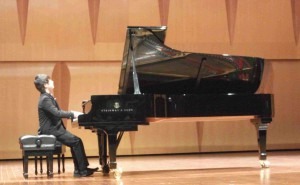 The most effective tool for getting music under your fingers and in your head is time. The longer you live with a piece, the deeper it’ll get engrained into your long-term memory. Play it over and over again, get inside the piece, let it get inside you – you’ll be surprised at how quickly it might happen. With a longer piece, start small. Learn smaller chunks and join them up into bigger ones – and remember: no amount of music is too small to memorise! Even if you can only do four bars at the end of your practice, that’s four more bars than you could before you started.
The most effective tool for getting music under your fingers and in your head is time. The longer you live with a piece, the deeper it’ll get engrained into your long-term memory. Play it over and over again, get inside the piece, let it get inside you – you’ll be surprised at how quickly it might happen. With a longer piece, start small. Learn smaller chunks and join them up into bigger ones – and remember: no amount of music is too small to memorise! Even if you can only do four bars at the end of your practice, that’s four more bars than you could before you started.
Like when we learnt the alphabet, or our times tables, practice makes perfect. Unfortunately, we have the added complications of remembering where are fingers go, how to control our breath, the direction of the bow, in addition to the piece’s dynamics, articulation, phrasing, tempo and expression… slightly more complicated than our ABCs. However, always taking the positive approach, I like to see this as an added bonus – muscle memory is an incredible powerful thing. It’s often startling how your fingers just know where to go or how you just know how to breathe once you start a familiar passage, and we have muscle memory to thank for that. Instead of having to memorise a totally isolated abstract idea, such as pi to 200 decimal places, or state capitals of the USA, our muscle memory gives us an extra layer of security, the actual action of playing cementing our memories more strongly.
Put simply, what I’m saying is: you’ll absorb much more than you think just by practising. And when you get to the performance, trust yourself! Everyone obviously has different tactics when it comes to learning music from memory – this is by no means a prescriptive guide – so just do what works best! Often the worst moments of doubting yourself are just before you go on stage, but if you can learn to enjoy the liberation of performing from memory – that incredible feeling of not being visually chained to a music stand – then you’ll never look back.
More Blogs
-
 The Music That Surrounds Us Discover how everyday noise became revolutionary music
The Music That Surrounds Us Discover how everyday noise became revolutionary music -
 Augusta Holmès: A Composer Who Wrote Music Bigger Than Life “I must show the males what I’m made of!”
Augusta Holmès: A Composer Who Wrote Music Bigger Than Life “I must show the males what I’m made of!” -
 Classical Music Unfinished and Restored IV Why did Schubert leave so many works incomplete?
Classical Music Unfinished and Restored IV Why did Schubert leave so many works incomplete? -
 The Trinity of Music Deepen your understanding of music's fundamental elements here
The Trinity of Music Deepen your understanding of music's fundamental elements here

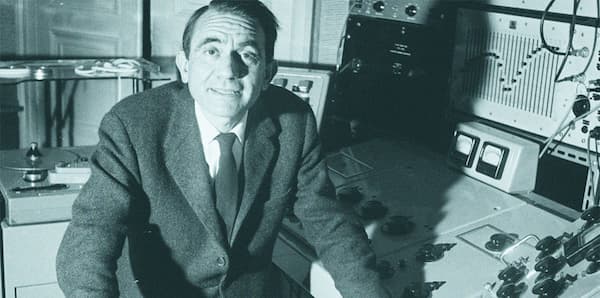
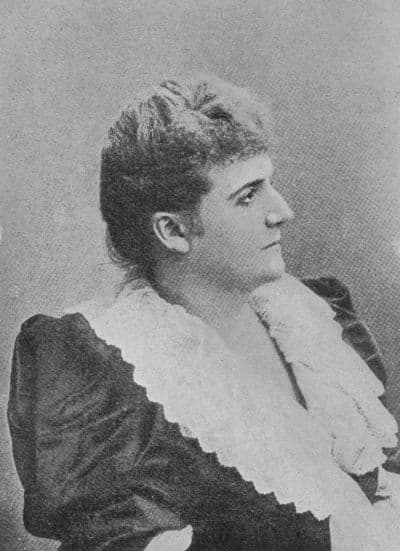
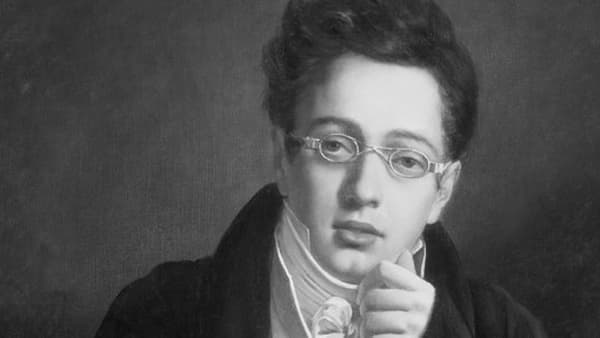
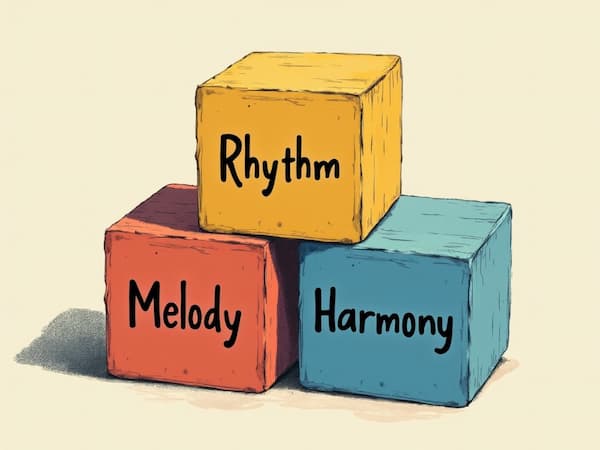
I usually find that I cannot get to my most intuitive and sensitive interpreting of a piece until I have had it memorized for quite a while. The understanding of all that the music aches and longs to SAY seems to gradually inhabit me as I come to know the piece on a deeper level, long after its memorization. My frustration is that music students often will “cram” at the last minute to finish learning a piece of music for a recital or other performance, and they reach this type of “total immersion” into the music where its performance becomes so incredible and rewarding for them. Thank you for advocating for memorization, in this era in which expectations of memorization become looser and looser (as some of the world-class artists are now beginning to eschew memorization). I think there is a reason that Franz Liszt instituted the idea of performing from memory, and this is connected to his being the greatest pianist who ever lived…Perhaps not in a directly causal relationship, but in how well he required himself to KNOW fully the music and all of the practice it required to get to that level of knowledge!